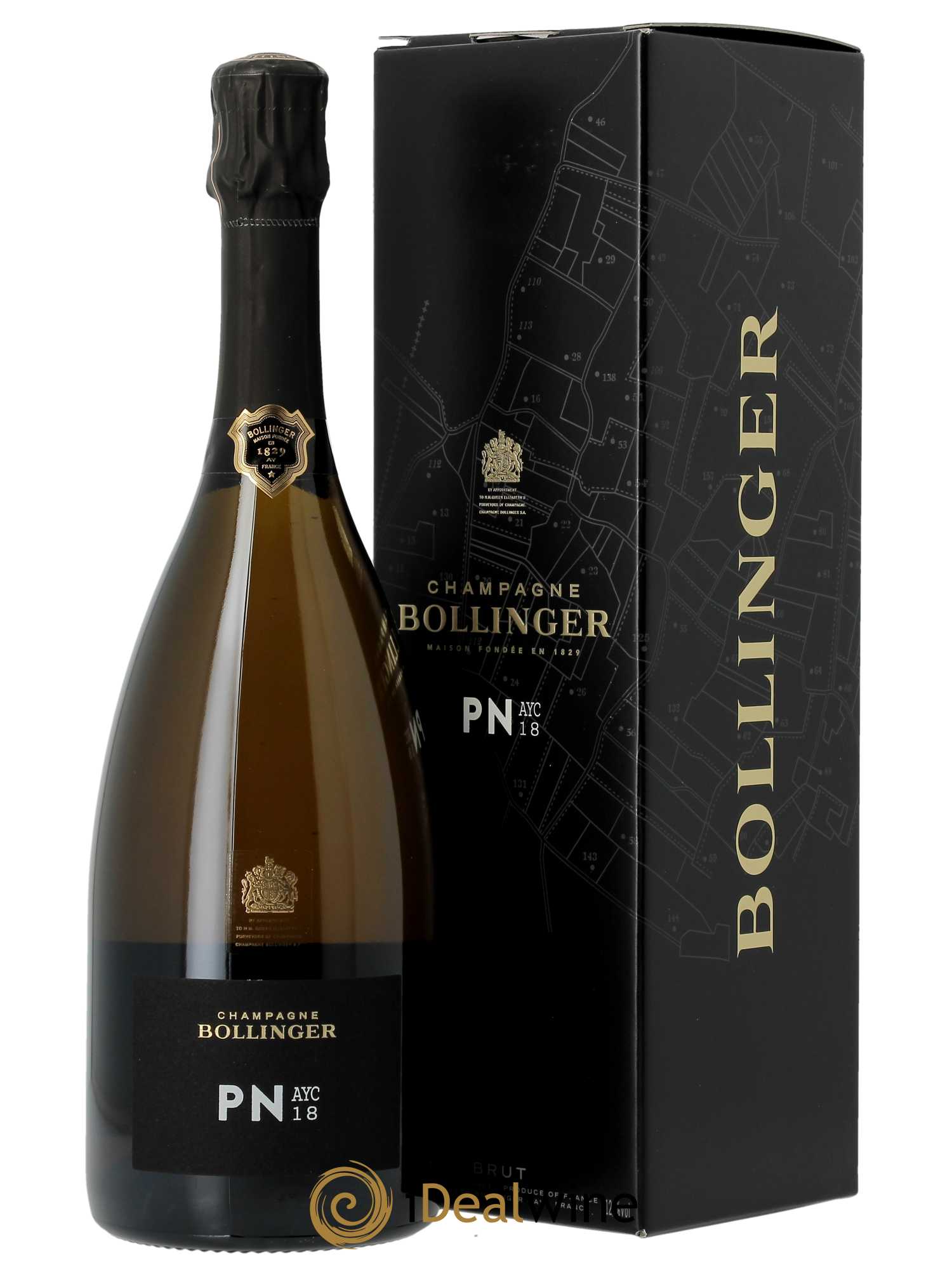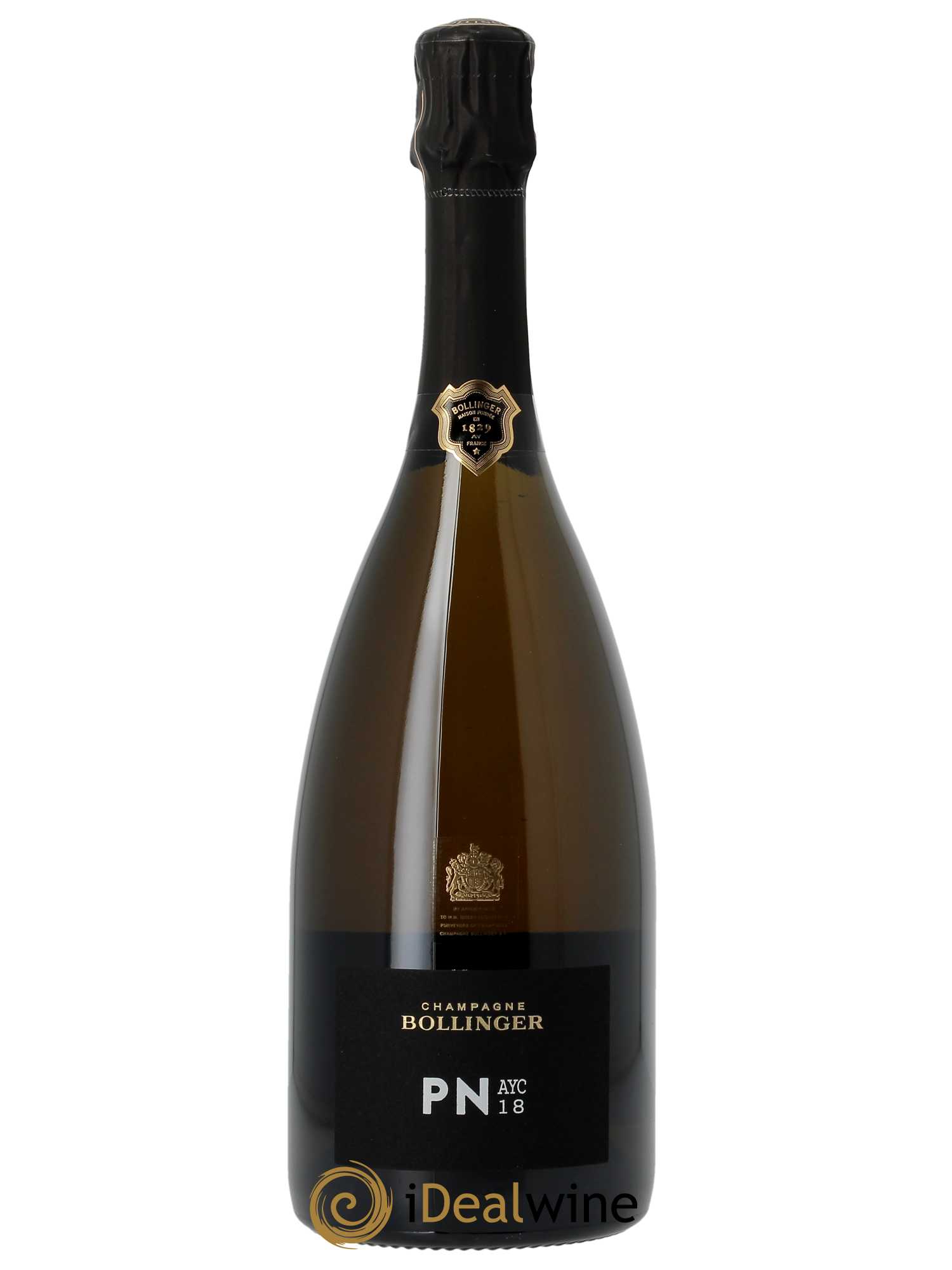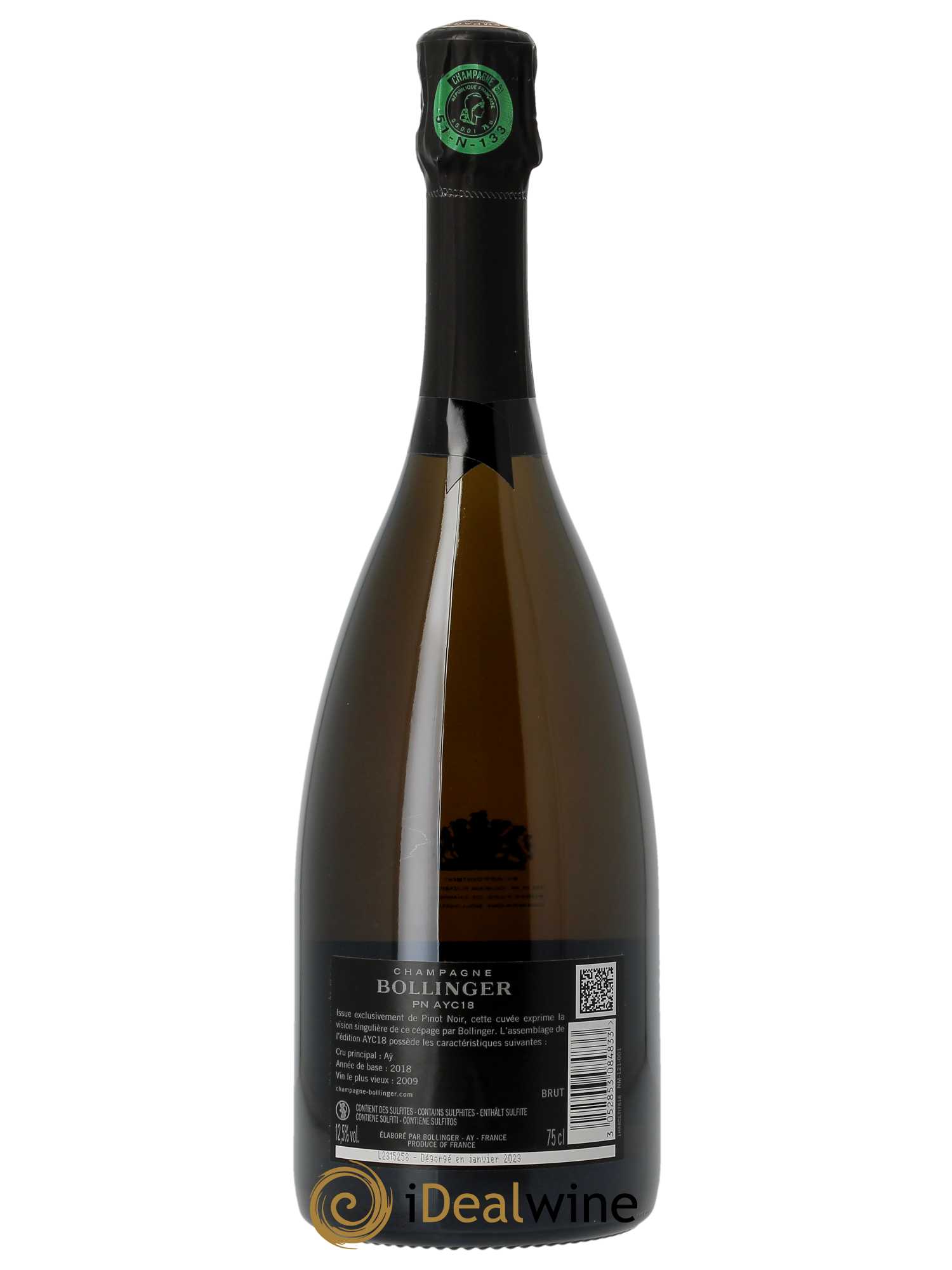





PN AYC 18 Bollinger
12.5%
0.75L
Intensity
A Glen Scotia single cask distilled in 2000, matured in a sherry cask and bottled in 2016. Cadenhead's was founded in Aberdeen in 1842 by George Duncan. William Cadenhead then joined the company and, when George Duncan died in 1858, took over and renamed the business after himself. William’’s nephew Roberth Duthie developed the company in the early 20th century and it remained a family business until 1969. William Cadenhead Ltd was then sold to the Springbank distillery’’s owner J. & A. Mitchell and Co. Hedley G. Wright, a direct descendent of Archibald and John Mitchell, became William Cadenhead Ltd’’s CEO. In the past, Cadenhead had mainly sold its own brands, such as Putachieside, The Hielanman, Seven Stars and Green Label rums. Under Hedley G. Wright, the company began to take more of an interest in single malts. This led to the creation of the legendary collection of dumpy bottles in 1977. This series of single malts stood out for its very gentle filtration, lack of artificial colouring, and relatively high bottling strength for the time (80 proof/45.7% ABV). The labels included lots of information, including the month and year of distillation and bottling, and whether or not sherry casks were used. Also in 1977, the business moved to another address in Aberdeen, and finally to Campbeltown. In the 1980s, Cadenhead sold casks to legendary bottlers such as Samaroli and Corti Brothers through the subsidiary Duthie’’s. Finally, two new whisky ranges were created in 1991 and 1992, the Original Collection bottled at 46% and the Authentic Collection bottled at cask strength. Other special series to mark Cadenhead’’s major anniversaries (150 and 175 years), as well as new ranges launched since (Small Batch, World Whiskies, etc.), have all contributed to the company’’s ongoing history up to the present day. A limited edition of 612 bottles.
Lot presentation
PN AYC 18 Bollinger
The wine
A Glen Scotia single cask distilled in 2000, matured in a sherry cask and bottled in 2016. Cadenhead's was founded in Aberdeen in 1842 by George Duncan. William Cadenhead then joined the company and, when George Duncan died in 1858, took over and renamed the business after himself. William’’s nephew Roberth Duthie developed the company in the early 20th century and it remained a family business until 1969. William Cadenhead Ltd was then sold to the Springbank distillery’’s owner J. & A. Mitchell and Co. Hedley G. Wright, a direct descendent of Archibald and John Mitchell, became William Cadenhead Ltd’’s CEO. In the past, Cadenhead had mainly sold its own brands, such as Putachieside, The Hielanman, Seven Stars and Green Label rums. Under Hedley G. Wright, the company began to take more of an interest in single malts. This led to the creation of the legendary collection of dumpy bottles in 1977. This series of single malts stood out for its very gentle filtration, lack of artificial colouring, and relatively high bottling strength for the time (80 proof/45.7% ABV). The labels included lots of information, including the month and year of distillation and bottling, and whether or not sherry casks were used. Also in 1977, the business moved to another address in Aberdeen, and finally to Campbeltown. In the 1980s, Cadenhead sold casks to legendary bottlers such as Samaroli and Corti Brothers through the subsidiary Duthie’’s. Finally, two new whisky ranges were created in 1991 and 1992, the Original Collection bottled at 46% and the Authentic Collection bottled at cask strength. Other special series to mark Cadenhead’’s major anniversaries (150 and 175 years), as well as new ranges launched since (Small Batch, World Whiskies, etc.), have all contributed to the company’’s ongoing history up to the present day. A limited edition of 612 bottles.
About the Producer Bollinger
"Before being a great Champagne, Bollinger is first and foremost a great wine". It is undeniable, a Bollinger spirit actually exists. In the wines certainly, but also in Aÿ. The involvement and seriousness of the people involved in the design of these great wines closely contribute to their success. Bollinger is also one of the few rare Champagne houses to have remained as a family since its creation in 1829. The maison was founded by Athanase de Villermont who had inherited the vineyard of Champagne, Joseph Bollinger, a German merchant and Paul Renaudin, a Champenois who was passionate about wine. The Bollinger and Villermont families united their fate at the same time as their profession with Joseph Bollinger's marriage to Louise-Charlotte, Athanase's daughter. Their children would take over the rein. There is a 163-hectare vineyard located, for more than 80%, in grands and premiers crus, and providing over 60% of its needs in grapes. One of the interesting facts about this maison is the preponderance of Pinot Noir which gives great flavour and strength to the champagnes. Another particularity of the maison is that part of the fermented reserve wines in wood is then conserved in magnums, with cork stoppers, for 5 to 12 years before being incorporated into the whole. Finally, on the management side, in September 2007, Ghislain de Mongolfier handed over the reins to Jérôme Philipon who followed in his footsteps while emulating his style. This all went well and there is no doubt that the brand continues to shine in the starry sky of Champagne.
Detailed characteristics
Quantity: 1 bottle
Level: 1 NormalObservation: 1 NormalOrigin: domain
Recoverable VAT: yes
Original wooden case / Original case: no
French customs seal: yes
Alcohol percentage: 12.5 %
Region: Champagne
Appellation: Champagne
Owner: Bollinger
Colour: sparkling white
Service temperature: 10°
Intensity: classic secondary fermentation
Leading aroma: honey
Tasting occasion: food-friendly wine